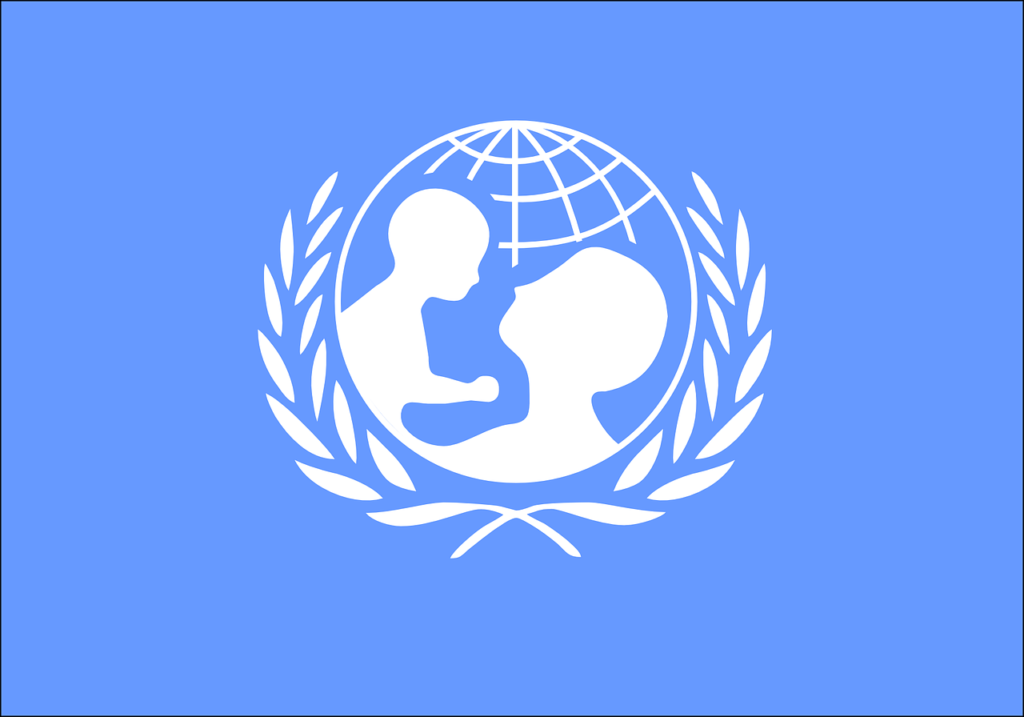UNICEF on Monday said it held discussions with religious scholars and editors from Urdu media on ways to intensify efforts to promote and reinforce important behaviours among communities to contain the spread of Covid-19.
More than 70 religious scholars, faith leaders and senior Urdu journalists representing print, TV and radio, participated in the ‘National Webinar on Promotion of Covid Appropriate Behaviour’, which was organised by Unicef in partnership with Shikhar Organisation for Social Development, a Delhi-based CSO.
In a statement, the Unicef said the participants agreed to leverage the respect, command, reach and influence of faith leaders and the Urdu media to reinforce messaging on the importance of practising social distancing, wearing masks, handwashing, encouraging greater community participation and addressing misinformation surrounding Covid-19.
YOU MAY LIKE TO READ: UN Chief Antonio Guterres Makes A Special Appeal To Religious Leaders Of All Faiths To Join Forces
Maulana Khalid Rasheed Firangi Mahali, the Executive Member of the All India Muslim Personal Law Board, said that while efforts at an individual level were being done by media houses and faith groups at the local level, the times demand concerted efforts among the government, healthcare workers, religious leaders, CSOs and the media. “It is imperative that we use innovative ways to reach out the communities with our messaging, using technology – like Facebook and WhatsApp – and focus on capacity development of faith communities, women of faith, and youth networks,” he was quoted as saying in the statement.
YOU MAY LIKE TO READ: No Single Country Is Adequately Protecting Children’s Health: WHO-UNICEF-Lancet
Appreciating the important voice and trust of religious leaders and the media within communities, Zafrin Chowdhury, Chief of Communication, Advocacy and Partnership, UNICEF India, said, “It is essential that when schools re-open, when immunisation sessions are held, we have communities accessing the services without fear of contracting the disease. All of us have a critical role in containing the spread of this disease by following recommended behaviours, and help end the pandemic.”
The participants also underlined the collective role of each one in supporting the government’s responses and specific measures reach the people at greater risk, supporting frontline workers, raising awareness of government advisories, promoting social harmony, managing communication, and countering misinformation and rumours

